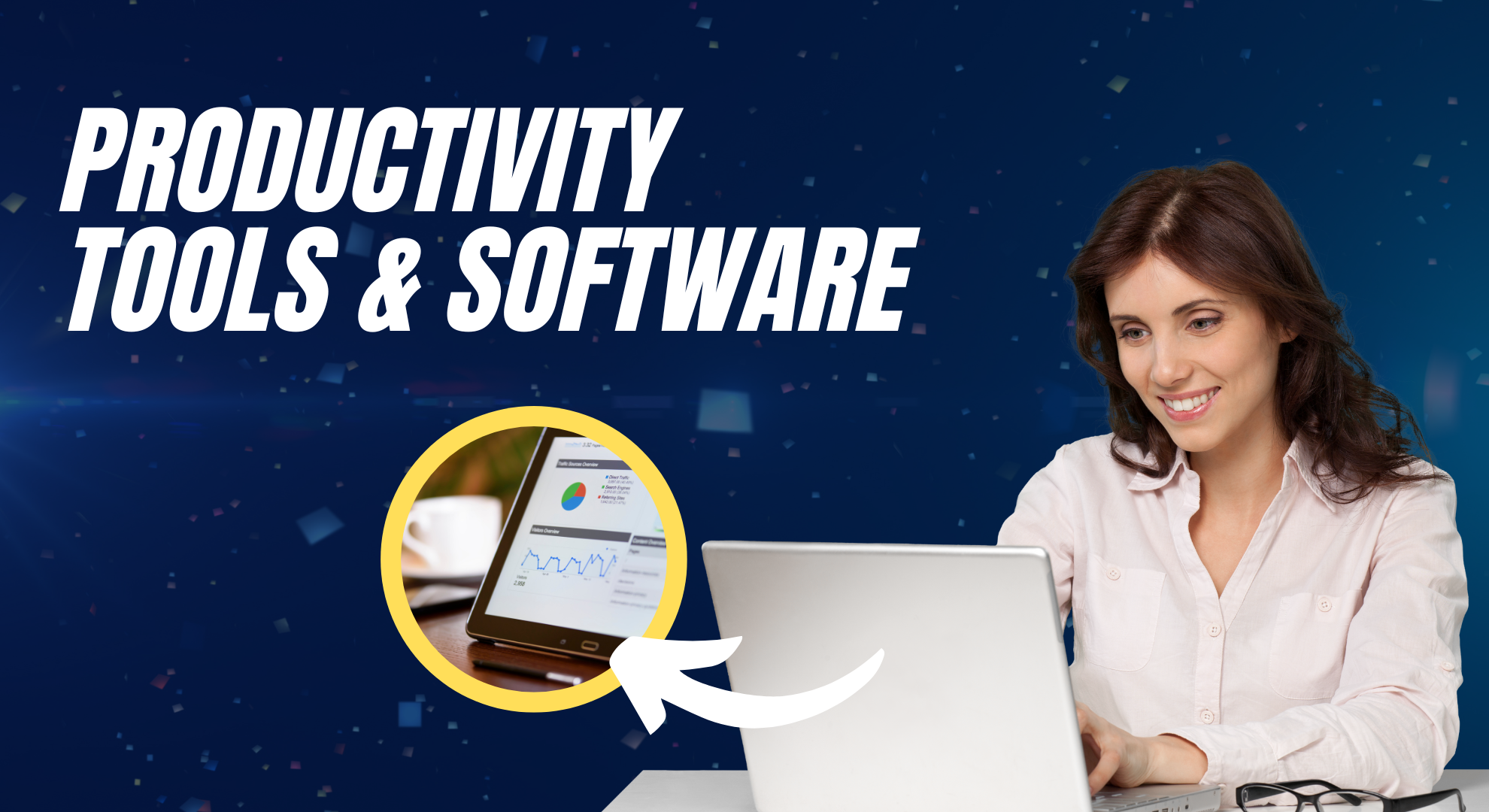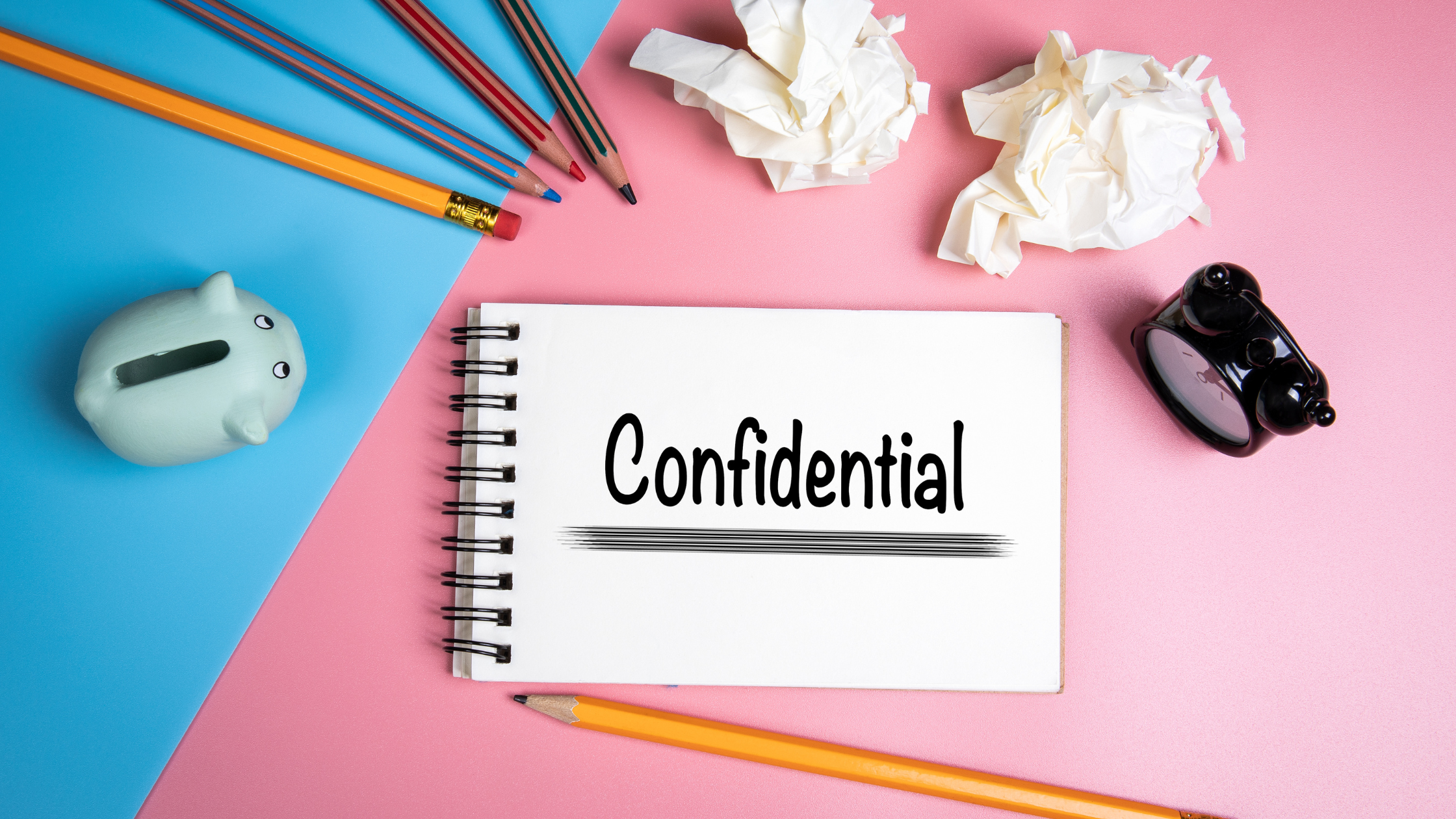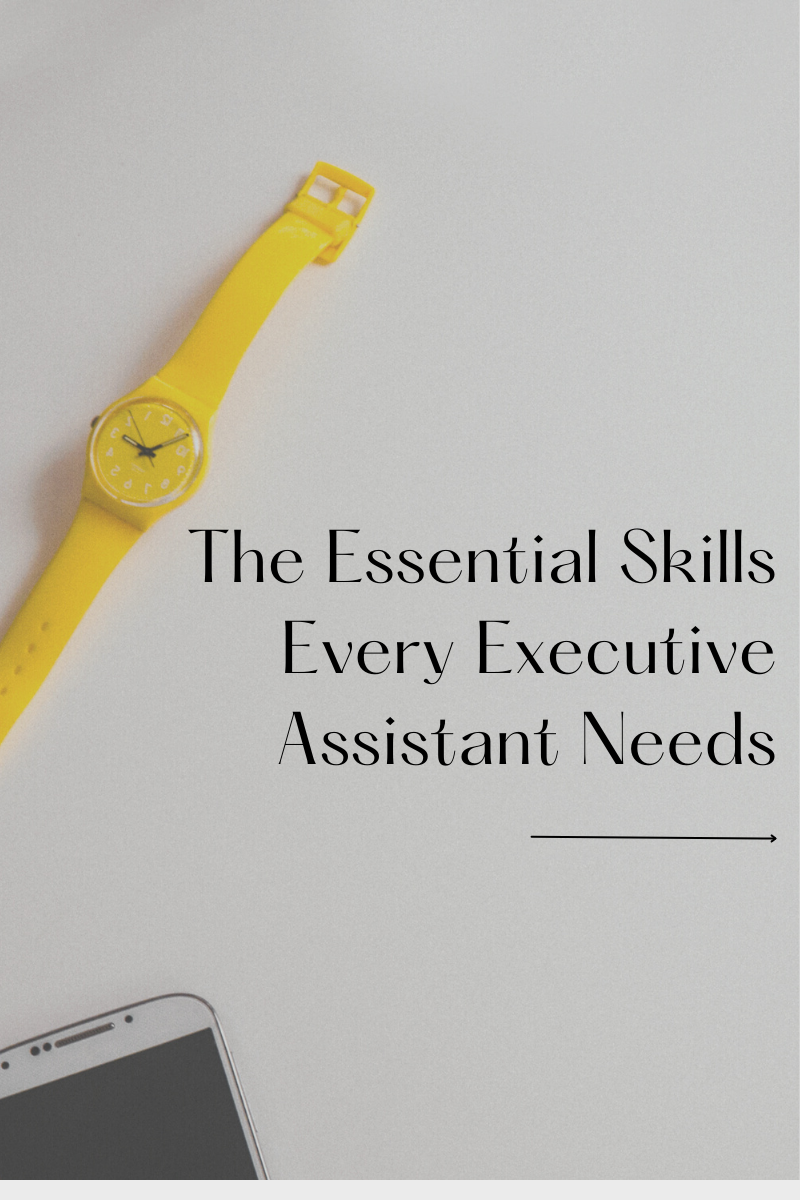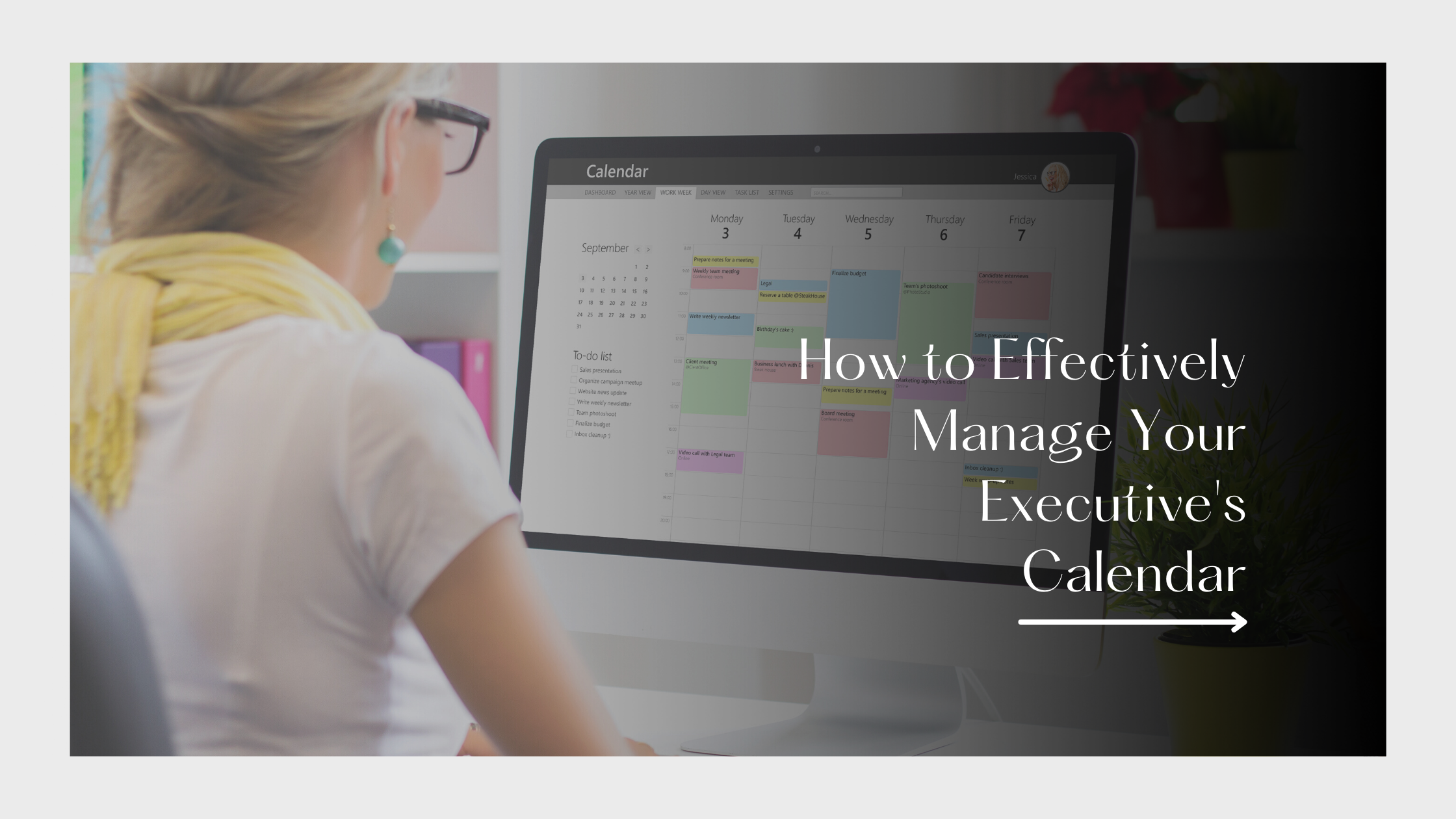As an executive assistant, you have access to a lot of confidential information about your boss, colleagues, and the company as a whole. It’s crucial to safeguard this information and prevent data breaches. In this blog post, we’ll cover some best practices for managing confidential information as an executive assistant.
- Use secure methods of communication
When communicating about confidential information, use secure methods like encrypted email or messaging apps. Avoid using personal email accounts or unsecured messaging apps like WhatsApp.
- Be mindful of where you store information
Be mindful of where you store confidential information, whether it’s physical documents or digital files. Use secure file sharing tools and keep physical documents in locked cabinets or rooms.
- Limit access to confidential information
Only grant access to confidential information on a need-to-know basis. This means limiting access to information to only those who require it to do their job.
- Be aware of phishing attacks
Phishing attacks are a common tactic used by cybercriminals to gain access to confidential information. Be aware of phishing emails and avoid clicking on links or attachments from unknown sources.
- Use strong passwords
Use strong passwords and change them regularly. Avoid using the same password for multiple accounts and consider using a password manager to help you keep track of your passwords.
- Properly dispose of confidential information
When disposing of physical documents or digital files, make sure to properly shred or delete them. Avoid throwing away confidential information in the trash or recycling.
In conclusion, managing confidential information is a critical part of being an executive assistant. By using secure methods of communication, being mindful of where you store information, limiting access to confidential information, being aware of phishing attacks, using strong passwords, and properly disposing of confidential information, you can help prevent data breaches and keep your boss’s information safe.



